Toyota and the Japanese Red Cross have revealed the world’s first hydrogen-powered and zero-emission mobile clinic, which has been developed in response to the increasing need for the delivery of medical services and temporary electrical power in disaster-affected areas of Japan.
Working on the foundations of a fourth-generation Toyota Coaster minibus, engineers exchanged the original 4.0-litre turbo diesel engine for the hydrogen fuel cell and electric vehicle (FCEV) powertrain of the first-generation Toyota Mirai. By using hydrogen to generate electricity, the new mobile clinic is ideally suited to provide effective relief, whether for routine medical needs or as a vital support vehicle in disaster zones. As well as generating no harmful emissions, the smooth powertrain creates minimal noise and vibrations, which can be invaluable in the transportation of seriously ill patients.
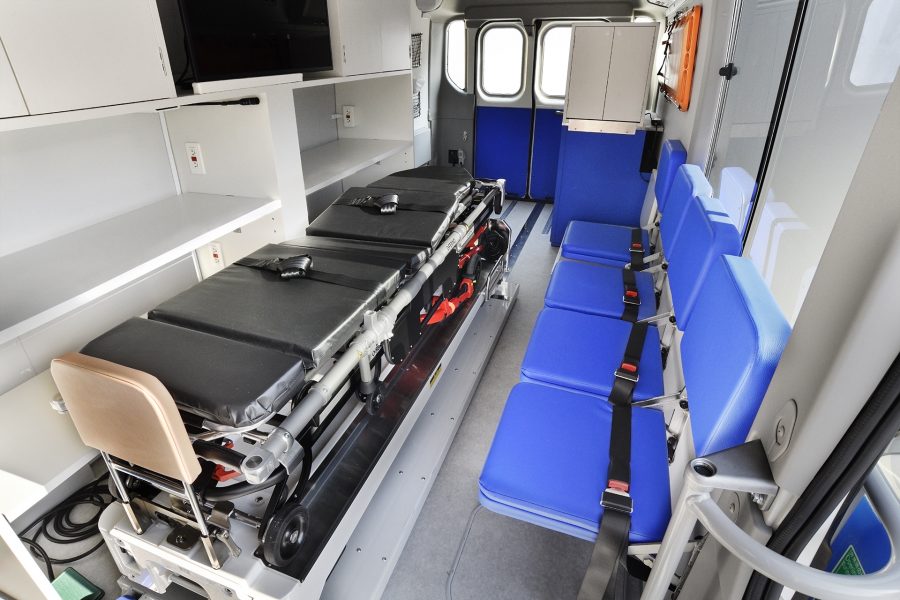
The vehicle is equipped with multiple AC outlets inside the clinic and outside the cabin, and has an external DC supply system that can deliver high-output, high-capacity power (9kW max, 90kW capacity) in the event of an outage within the electrical grid. To improve infection control when the medical staff are working, the clinic also features an exhaust tube air conditioning system with high-efficiency particulate air (HEPA) filtration.
Toyota and the Japanese Red Cross believe that this vehicle sets a new bar within the field of mobile clinics and will reduce stress levels for both medical staff and patients. By generating its own electricity through the hydrogen fuel cell, the vehicle has the potential to be adapted to a wide range of applications within the healthcare environment, from use as an examination unit in less-populated areas to a mobile infection-testing centre.
Public demonstrations of the new FCEV mobile clinic will commence in the summer of 2021.
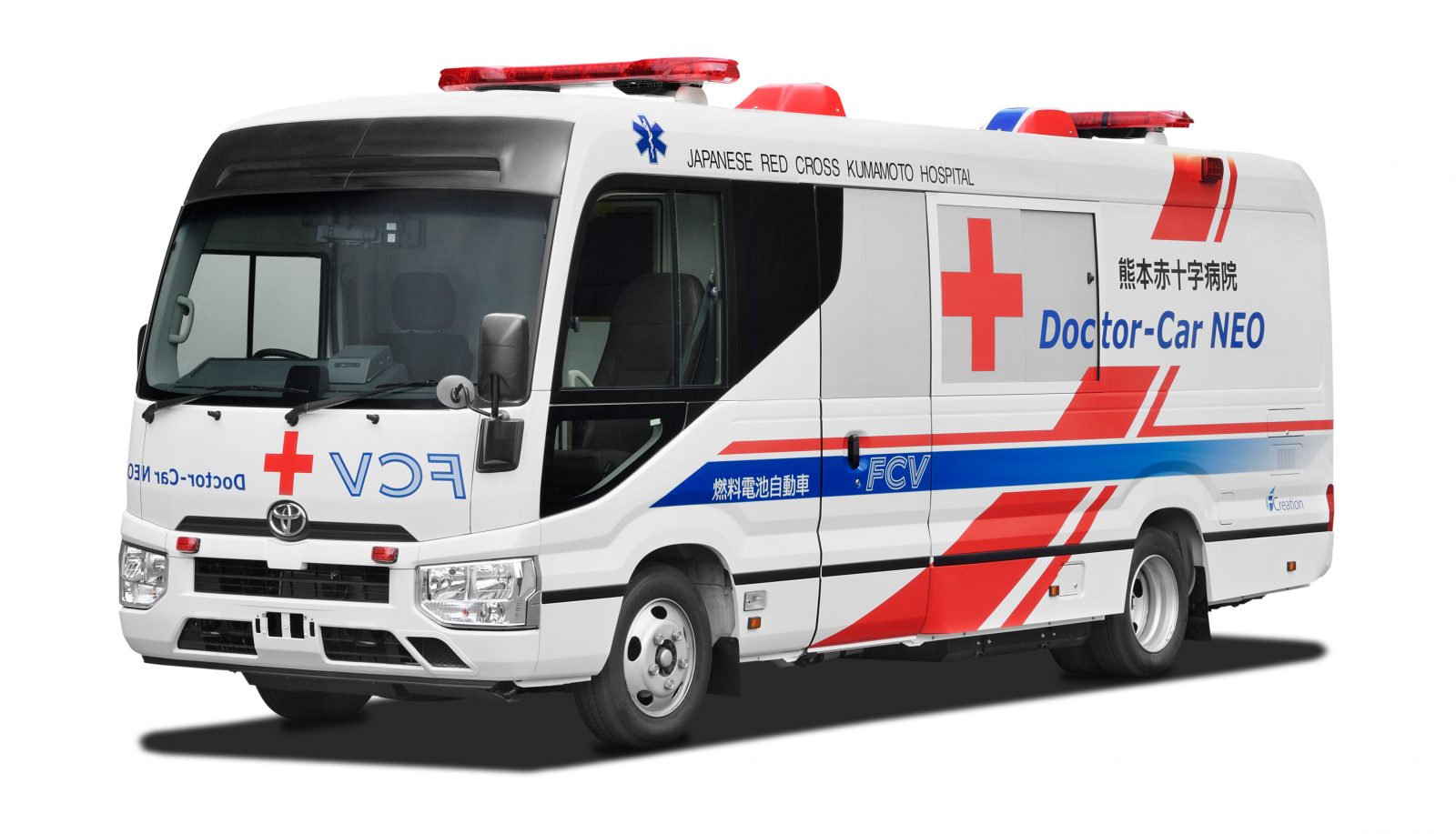
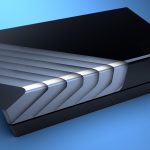
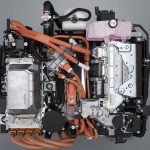


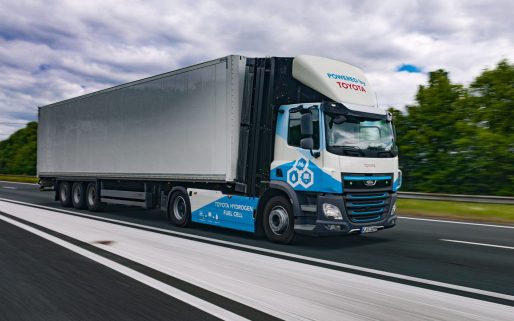
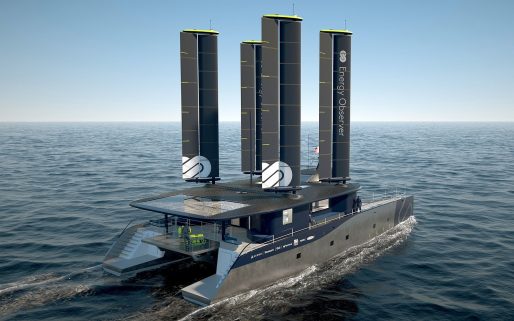
Regarding the hydrogen fuel cell mobile health unit, how has the 2021 model performed? And does the vehicle actually generate power with a fuel cell on board, or is it storing energy that is generated by a fixed site fuel cell?
Hi Stewart,
Thank you very much for your question, and your interest in the new Hydrogen Fuel Cell Mobile Health unit concept.
By generating its own electricity through the hydrogen fuel cell, the vehicle has the potential to be adapted to a wide range of applications within the healthcare environment, from use as an examination unit in less-populated areas to a mobile infection-testing centre.
Unfortunately, we can not provide you with further information of its performance at this time.
However, please stay up to date with future development via our magazine: https://mag.toyota.co.uk/
If you have any further questions, please do not hesitate to ask.
Many thanks,
Toyota UK